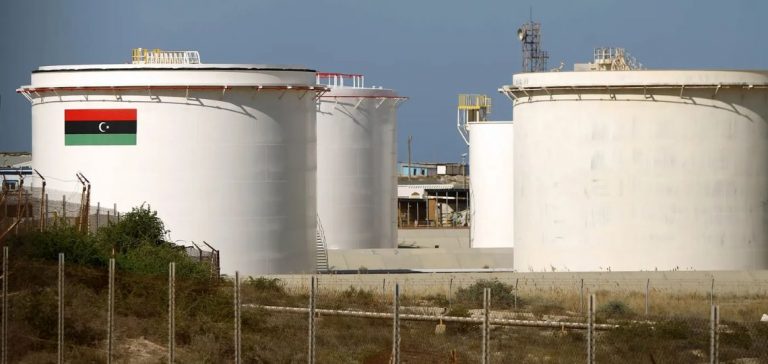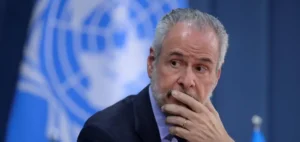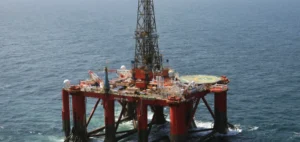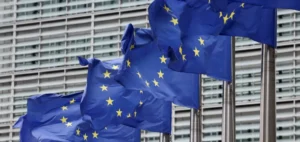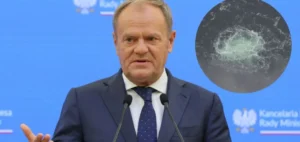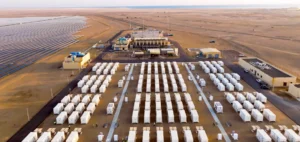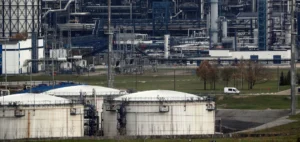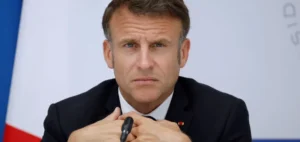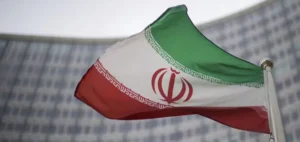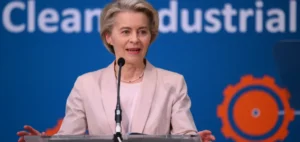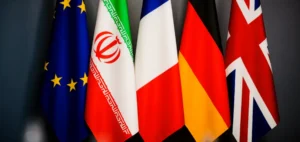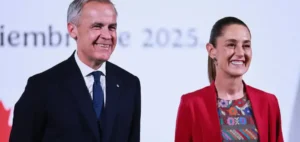Tensions in Libya, a country marked by political crisis for over a decade, recently led to the suspension of oil production and exports. This situation followed a confrontation between the eastern and western authorities over the control of the Central Bank of Libya (BCL).
The lifting of the force majeure announced this Thursday by the unrecognized eastern government ends this blockade. The National Oil Corporation (NOC) confirmed the resumption of exports across all sites, signaling a return to normalcy after several weeks of paralysis.
Context of the crisis
In August, the Parliament based in Benghazi decided to suspend oil production on the sites it controls, representing nearly 90% of the national production. The measure was taken in protest against the dismissal of Seddik el-Kebir, governor of the Central Bank, by the Tripoli government. This conflict around the BCL, a key institution for managing the country’s oil revenues, paralyzed the sector, cutting the oil production in half.
Revenues from oil exports are crucial for Libya’s economy, with the NOC redistributing the income to various regional and local administrations. The distribution of revenues is a major issue for the political stability of the country.
A fragile compromise
The recent agreement, signed under the auspices of the UN, allowed for the appointment of Naji Issa as governor of the BCL, easing tensions between rival factions. This decision received support from the eastern Parliament, which unanimously voted to ratify this appointment. The new leaders of the BCL have already started their official duties, traveling to Tripoli to ensure the transition.
However, this agreement remains precarious. The stability of this institution is crucial to ensure that oil revenues, the main source of wealth, benefit the entire country equitably. Stéphanie Koury, interim head of the United Nations Support Mission in Libya (Manul), emphasized the importance of maintaining the independence of the NOC to prevent future political interference.
Prospects for economic recovery
The resumption of oil production could allow Libya to return to its previous production level, around 1.2 million barrels per day, according to the latest estimates from the NOC. The BCL crisis had reduced this figure to 600,000 barrels per day, leading to a revenue drop at a time when the country desperately needs funds to finance its infrastructure and reconstruction projects.
International partners, including the UN and the United States, are closely monitoring the situation, calling for transparent management of resources. With the blockade lifted, exports should resume from major eastern oil ports, including Marsa al-Hariga and Brega.
Regional geopolitical impact
The unblocking of production could have repercussions on the global energy market, where Libya remains an important player. Any new disagreement over the BCL or the management of oil resources could once again plunge the country into instability and create disruptions in the global market.
The balance remains fragile, especially as Marshal Khalifa Haftar, supported by the eastern government, maintains military control over strategic infrastructures. The international community, while welcoming the agreement on the BCL, remains cautious about the situation’s evolution.


